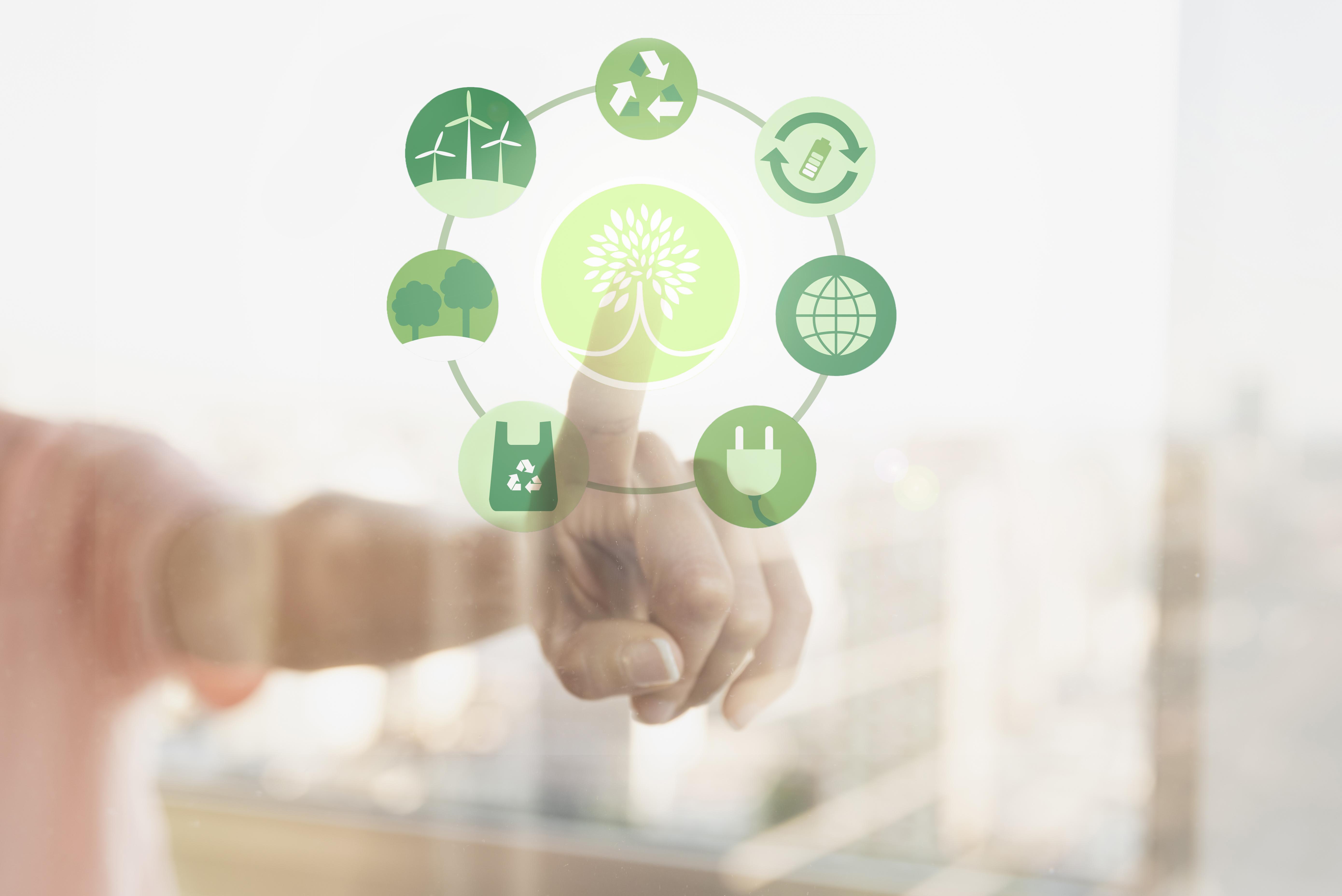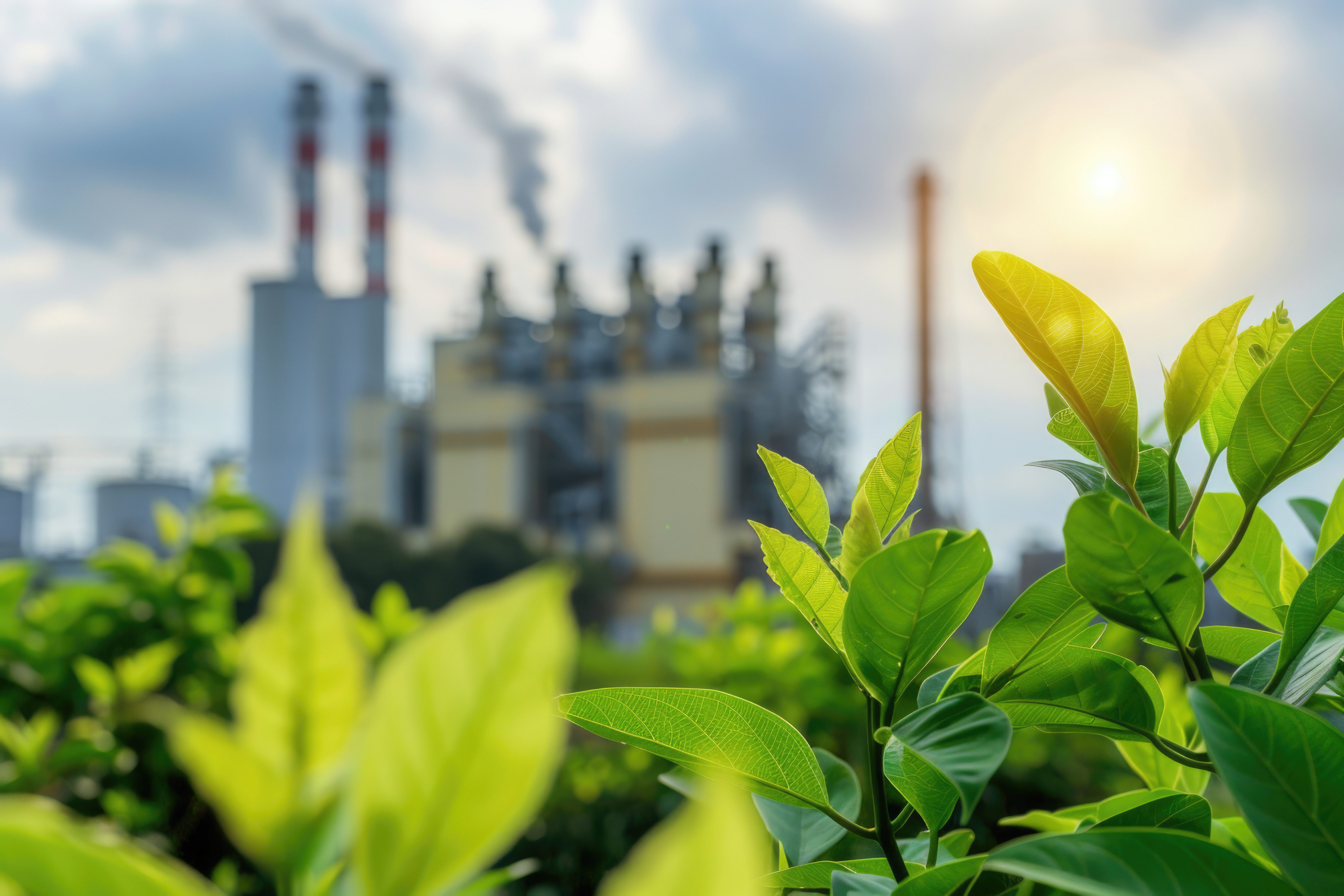GMP+ (Good Manufacturing Practice) is an international certification scheme that focuses on Good Manufacturing Practice (GMP) in the animal feed industry. GMP+ is a quality and safety assurance system for animal feed that covers all stages of production, transportation, and distribution of feed.
The Importance of GMP+ in the Feed Chain
This scheme aims to ensure that the production, distribution, and use of animal feed are carried out to high, safe, and quality standards. GMP+ is essential in the feed chain because, with GMP+, the animal feed produced and used is certified as safe and of high quality according to international standards. There are several other reasons why GMP+ is necessary in the feed chain:
- Food Product Safety: GMP+ establishes high standards to ensure that the produced animal feed is not harmful to the health of animals and humans. GMP+ includes measures to identify, avoid, and reduce the risk of contamination of animal feed by hazardous substances such as toxic chemicals.
- Quality of Animal Feed: GMP+ ensures that animal feed not only meets the nutritional needs of animals for good production results but also guarantees the use of high-quality raw materials and appropriate production processes. This encourages high-quality and consistent feed.
- Animal Welfare Protection: If animal feed adheres to GMP+ standards, the produced feed is expected to maintain the safety of livestock and meet their needs. High-quality feed with the right nutritional content can safeguard the health of livestock and prevent issues and diseases in animals.
- Role in Human Food Safety: The quality of animal feed directly influences the safety of human-consumed animal products, as the quality of animal products consumed by humans is affected by the quality of the feed given to the animals. GMP+ helps ensure that the feed used to produce animal products is safe for human consumption.
- Compliance with Regulations and Standards: GMP+ includes compliance with regulations and standards applicable to feed production and distribution. This helps animal feed companies comply with laws and regulations in various countries and maintain compliance with international trade rules.
- Enhancing Reputation and Trust: Adopting GMP+ helps animal feed companies enhance their reputation and gain the trust of customers and business partners. By adhering to recognized international standards, companies demonstrate their commitment to the safety and quality of animal feed products.
Overall, GMP+ plays a crucial role in ensuring that the feed chain operates safely, efficiently, and sustainably. By complying with GMP+, animal feed companies contribute to the quality of animal feed products, food safety, and the health of both livestock and humans.
If animal feed does not meet Good Manufacturing Practice (GMP+) standards or lacks GMP+ certification, several negative consequences can occur, both for animal health and the quality of livestock products. Firstly, there is a decrease in the quality of feed, and there is a risk of contamination and residues that can be harmful to either livestock or consumers, leading to the spread of diseases. This means there is a risk to food safety if a company fails to meet GMP+ standards or lacks GMP+ certification. Another risk is that the company may have poor performance and/or decreased production, resulting in economic losses.
How Animal Feed Can Impact the Feed Chain
Animal feed is crucial in the livestock industry. Animal feed plays a key role in the feed chain as it is a vital element in the food cycle between humans and livestock. The feed chain refers to the complex relationships between various organisms in an ecosystem that depend on each other through food consumption and feeding. Here are some ways in which animal feed can impact the feed chain:
- Use of Food Resources: The production of animal feed requires food resources such as grains, food crops, and additional feed that could potentially be processed into human food. The significant need for animal feed can lead to competition and pressure on human food resources.
- Land Use and Deforestation: Clearing land for planting animal feed crops and allocating land for livestock farming can lead to deforestation and the loss of natural habitats for wild flora and fauna, affecting the food chain in the local ecosystem.
- Water Use: The production of animal feed requires a large amount of water, especially for irrigating feed crops. This significant water requirement can affect the availability of water for humans and other aquatic ecosystems.
- Use of Fertilizers and Pesticides: Animal feed crops are often cultivated using chemical fertilizers and pesticides to enhance production. The use of these chemicals can have negative environmental impacts, including disrupting the food chain through the contamination of crops and water.
- Climate Change Impact: The production and use of animal feed can also contribute to greenhouse gas emissions, primarily due to agriculture and livestock feed production. Climate change caused by these emissions can affect resource availability and impact the balance of the food chain.
- Use of Antibiotics: Some animal feed contains antibiotics to promote animal growth and prevent diseases. The use of antibiotics can contribute to antibiotic resistance and cause broader health issues in humans and animals.
- Human Health Impact: Zoonosis, diseases that can be transmitted from animals to humans, can occur if animal feed is not processed or treated correctly. This can affect human health and pose public health issues.
Therefore, it is essential to consider the impact of animal feed production and usage on the entire feed chain. Efforts to find more sustainable and efficient ways in animal feed production can help minimize negative impacts on the environment, resource availability, and human health while supporting the overall balance of the food chain.
For more information about consulting services and the Wholesale and Retail Trade Sector, you can read our article here. If you and your company need further information regarding our services, please contact and consult with us here.






